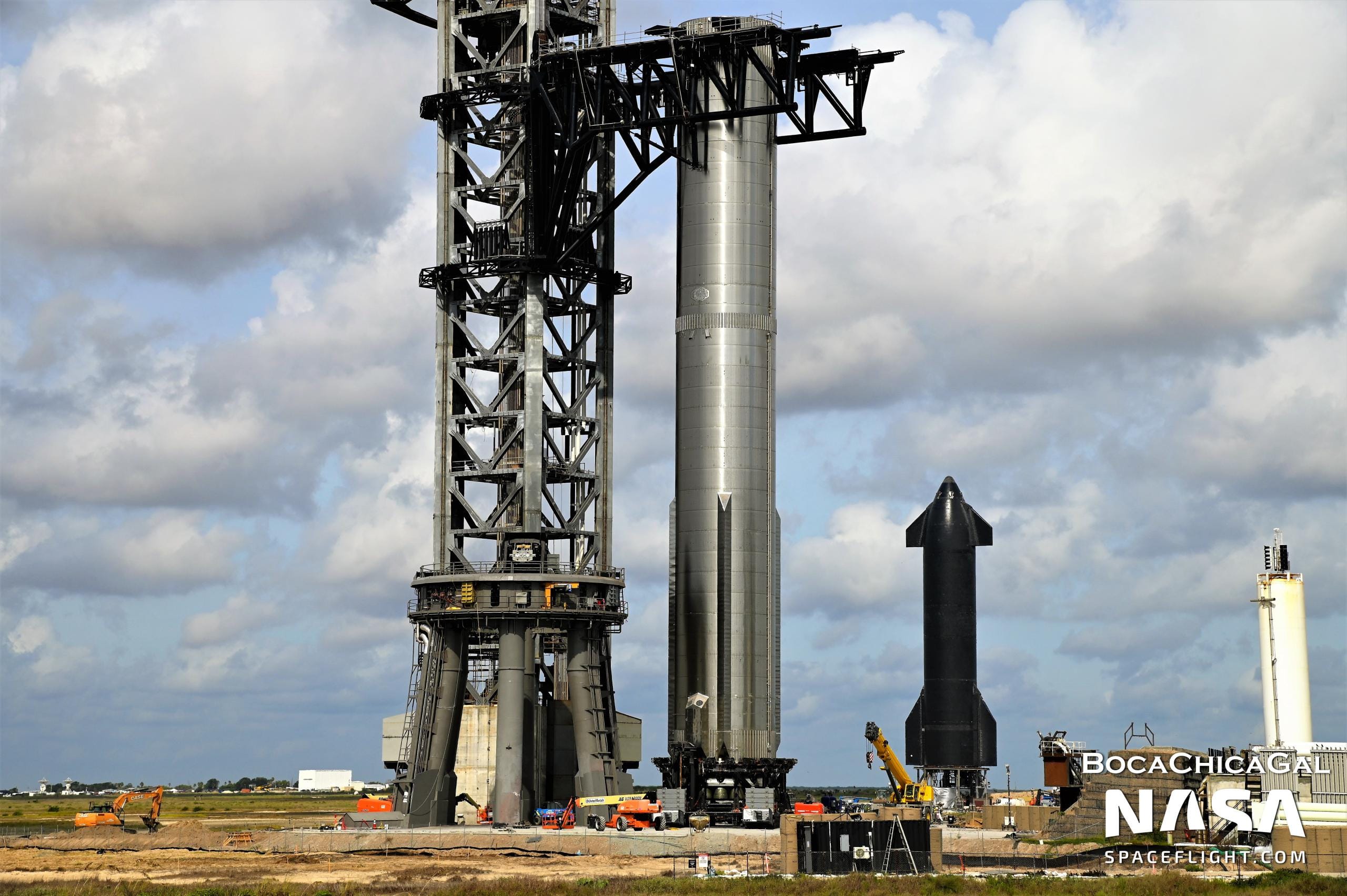In the dynamic landscape of social media, TikTok has carved out a significant niche, captivating a global audience with its engaging short-form video content. As discussions around the app’s ownership and operational strategies intensify, misconceptions about potential buyers often surface. One of the most notable figures often associated with such speculation is Elon Musk, the CEO of Tesla and SpaceX, who commands significant influence in various sectors. However, Musk has recently made it clear that he does not intend to purchase TikTok.
The statement, revealing Musk’s intention, comes at a time of heightened scrutiny concerning TikTok’s operational dependencies and data security practices, particularly in the United States. Following a trajectory that included attempts to ban the app, our digital landscape continues to morph, potentially prompting large corporations and entrepreneurs to consider various ownership options. In this context, Musk’s clarification serves to quell rising speculations about his involvement with the app.
Musk’s decision against purchasing TikTok seems to be aligned with his broader business strategy, which focuses heavily on electric vehicles, space exploration, and sustainable energy. His companies, namely Tesla and SpaceX, are at the forefront of technological innovation, demanding his full attention and resources. Consequently, venturing into the social media landscape, particularly during a tumultuous regulatory phase for platforms like TikTok, might not align with Musk’s current business priorities.
Furthermore, Musk’s social media engagements have largely centered around platforms like Twitter, particularly following his acquisition of the site in late 2021. His approach to social media appears to differ from engaging with a platform like TikTok, known for its fast-paced content and younger demographic. The challenges of integrating or managing the vastly different operational framework of TikTok may also be a deterrent in his decision-making process.
Amid ongoing geopolitical tensions, TikTok has faced legislative challenges, especially in the United States. The platform has been scrutinized for concerns about data privacy and its ties to the Chinese government, given that it is owned by ByteDance, a company based in China. Such factors could render TikTok less appealing to potential investors and make ownership a complex proposition. Musk’s lack of interest in pursuing the acquisition may reflect an understanding of the challenging political and regulatory landscape that potential buyers must navigate.
While TikTok has become a powerhouse in digital marketing and influencer collaborations, the prospect of the app changing hands from its current ownership has been continuously debated. Entrepreneurs and corporations alike may have to weigh the benefits against the risks of entering such a politically charged environment. Musk’s decision to abstain from pursuing TikTok signifies the careful consideration that influential figures must take when navigating new ventures, particularly amidst shifting public and governmental perceptions regarding data privacy.
As social media platforms continue to evolve and grow in their influence over culture and communications, insights from leaders like Musk become invaluable. In affirming he has no plans to acquire TikTok, he not only defines his strategic direction but also sheds light on the complexities surrounding social media ownership.
In conclusion, Elon Musk’s recent remarks about TikTok clarify a long-settled speculation regarding his interest in acquiring the platform. While TikTok remains a significant player in the social media arena, ethical considerations, coupled with the potential regulatory pitfalls, may serve to dissuade many prominent figures from becoming involved with the platform. Musk’s established priorities within the realms of technology and space exploration are likely to keep his focus firmly aligned with his current business objectives.



